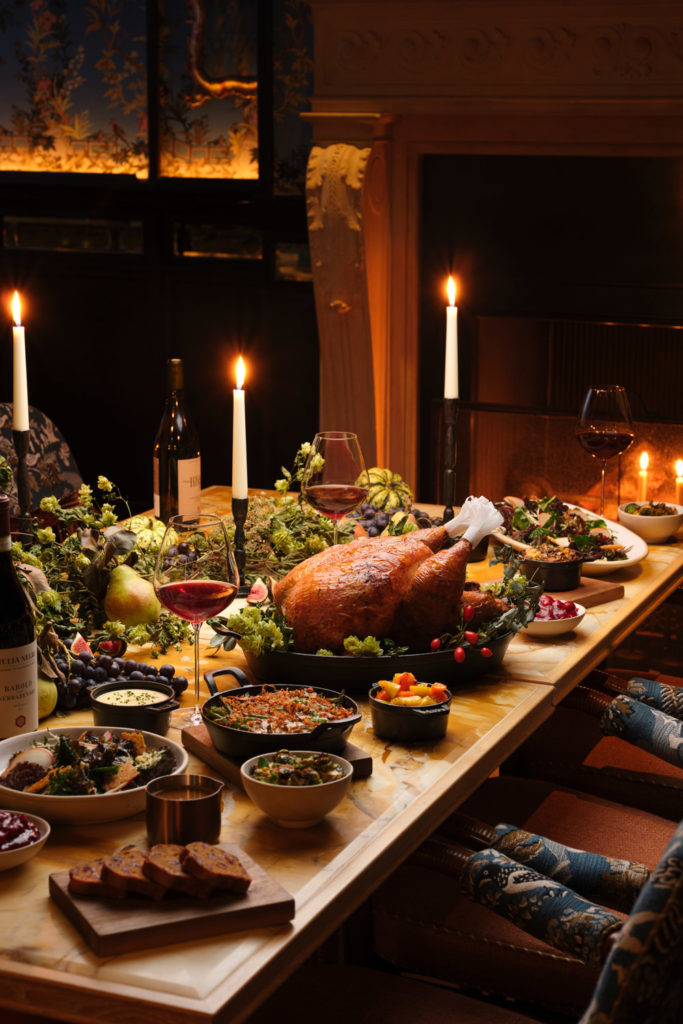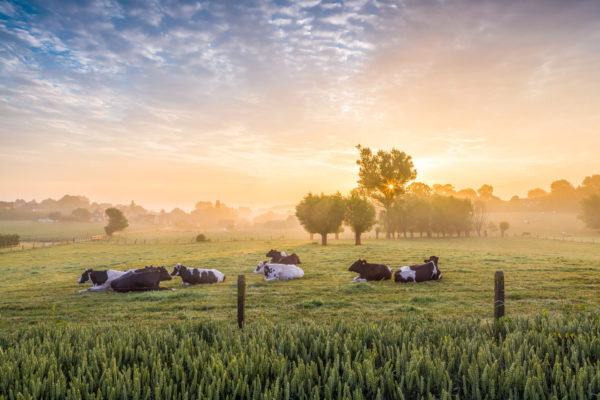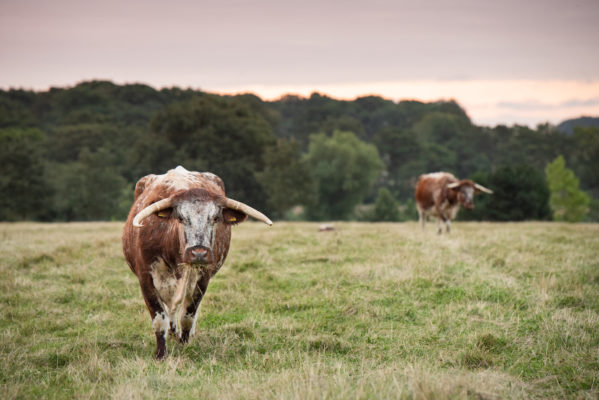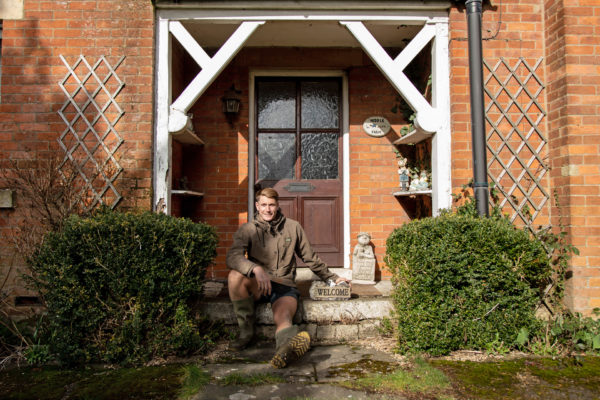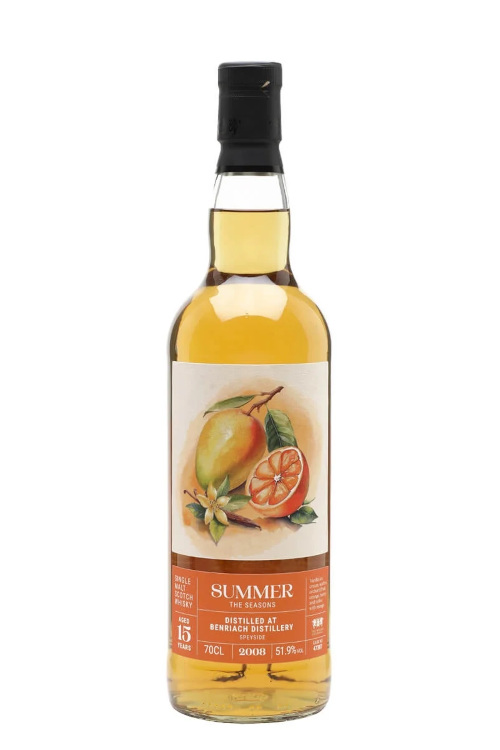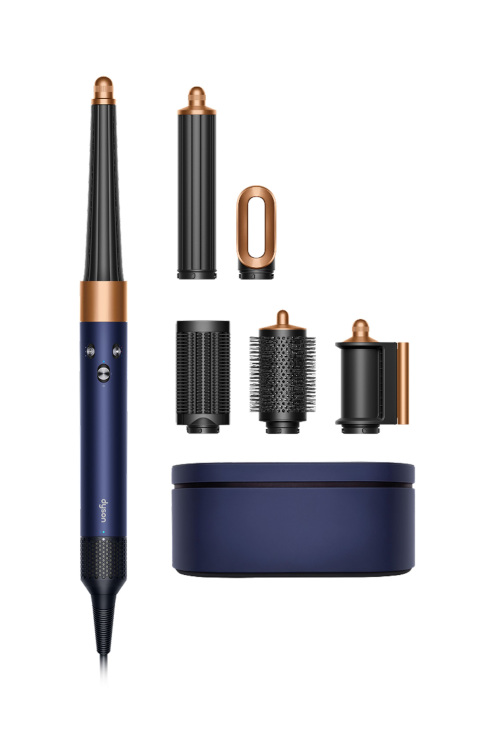Inside The UK’s Most High-Tech Vertical Farm
By
2 years ago
Is this new indoor farm the future?
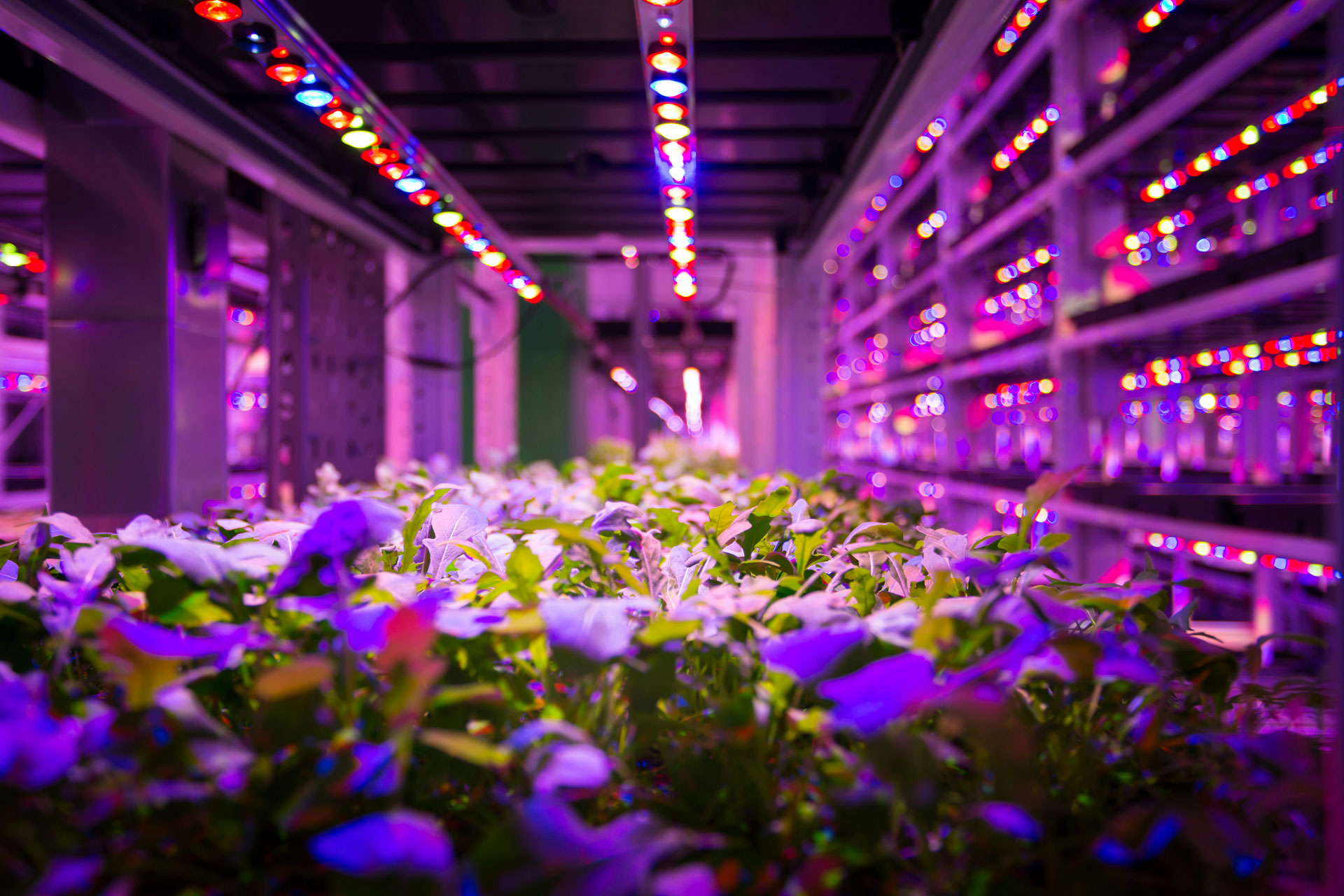
The vertical farming trend continues to gain traction across the UK, with hopes it could help revolutionize our food growing system. More and more indoor farms are popping up across the country, creating innovative places to produce crops 365 days of the year, with little human intervention needed. And the latest is perhaps the most high-tech yet.
Gloucestershire’s New Vertical Farm Has ‘Cracked The Code’
Following its original unit in Lincolnshire, Jones Food Company has just opened a second site in Gloucestershire, JFC2, which is being billed as one of the world’s most advanced indoor farms. Based near Lydney in the Forest of Dean, it spans 14,448sqm, and grows crops under special lights in vertical lines, including basil, coriander, green lettuce and baby leaf pak choi.
Crops are grown under specially controlled conditions: the air is kept at 27 degrees, and at around 75 percent humidity. This means plants can grow ‘around three times faster than outdoors’, according to head grower Glyn Stephens, who says the farm can grow basil from seed to harvest in just 18 days.
View this post on Instagram
According to Stephens, this type of growing is a less carbon-intensive method. The UK sells salad year-round, but in the winter months we have to rely on imports, so being able to grow them here reduces the emissions from travelling across Europe. Although the farm uses a lot of power, particularly on the LED lights, it uses 100 per cent renewable energy. Vertical farms also benefit from being sheltered from difficult weather conditions, with no need for pesticides. However, some have ended up collapsing due to the high electricity costs needed to run them.
Founder and CEO of Jones Food Company James Lloyd-Jones is confident this won’t be the case at JFC2. He said: ‘This farm represents a coming-of-age for agricultural technology in the UK; we have now cracked the code for accessible, sustainable, premium food being grown all-year round, at a super-competitive price. Commercial success in this sector has always been the challenge, but this farm smashes it.’
‘There is a place for small urban vertical farms, but size, scale and affordability are how the VF revolution really delivers’, he said. ‘Technology and sustainability, when married at this kind of scale, revolutionise food production, combat climate change, ensure food security, address labour issues and maximise efficiency. It’s a win-win-win-win.’

